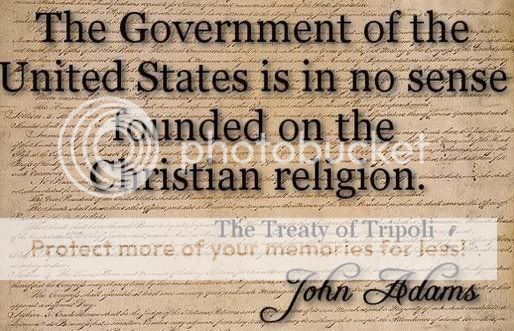No, retard, I've read them all. You should try it. The Bible is a crock of shit, and the founders didn't found this nation on its nonsense.
Why did they appoint a congressional chaplain as one of congresses first official acts if it was bullshit them them?

